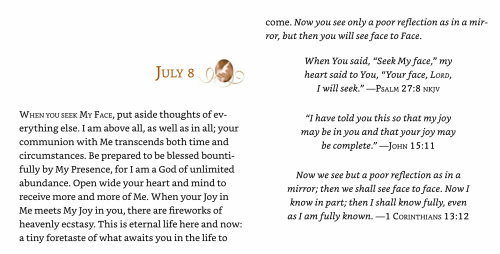Paul: A New Creation
Paul, the great apostle to the gentiles, is a unique figure in the New Testament. About half of the books in the New Testament bear his name, either because he actually wrote them or because other early Christians attached his name to their work.
For Paul, salvation is something that is actually experienced. He wrote about the experience in so many ways because he was always trying to get a handle on it. He sought to put into words something for which he had no ready-made vocabulary. One such phrase he used was a new creation. He wrote, “All that matters is to be created anew” (Galatians 6:15). He himself felt like a new man after his conversion, filled with a new power he had never known before. His other phrase is en Cristo, or “in Christ,” which he uses dozens of times to move us to a collective notion of salvation—with scant success up to now.
Through the Church, in the Body of Christ, God calls us to a new way of living, a new way of relating to God, to others, and to the world. Paul believes the Church is meant to be a community whose way of living runs contrary to the prevailing culture. We would call it countercultural today. It is a way of cooperating rather than competing, a way of giving rather than getting, a way of sharing rather than hoarding, a way of sacrifice rather than comfort, a way of faith rather than knowledge, a way of relationship rather than anonymity, a way of love rather than animosity. Through membership in the Body of Christ, this way of living is a sharing in the life of Christ.
Brian McLaren describes the new community we are called to in the Spirit of Christ:
We must find a new approach, make a new road, pioneer a new way of living as neighbors in one human community, as brothers and sisters in one family of creation.
That’s why the apostle Paul repeatedly describes how in Christ we see humanity as one body and our differences as gifts, not threats, to one another. In Christ, Paul came to realize that people aren’t different because they’re trying to be difficult or evil—they’re different because the Spirit has given them differing gifts. . . .
More than ever before in our history, we need a new kind of personal and social fuel. Not fear, but love. Not prejudice, but openness. Not supremacy, but service. Not inferiority, but equality. Not resentment, but reconciliation. Not isolation, but connection. Not the spirit of hostility, but the holy Spirit of hospitality.
So the “most excellent way,” Paul said, is the way of love [1 Corinthians 13:13]. Old markers of gender, religion, culture, and class must recede: “There is neither Jew nor Gentile, slave nor free, male nor female, for you are all one in Christ Jesus” [Galatians 3:28] . . . [and] “the only thing that counts is faith working through love” [Galatians 5:6]. Where the Spirit is, love is. Where the Spirit teaches, people learn love. [1]
